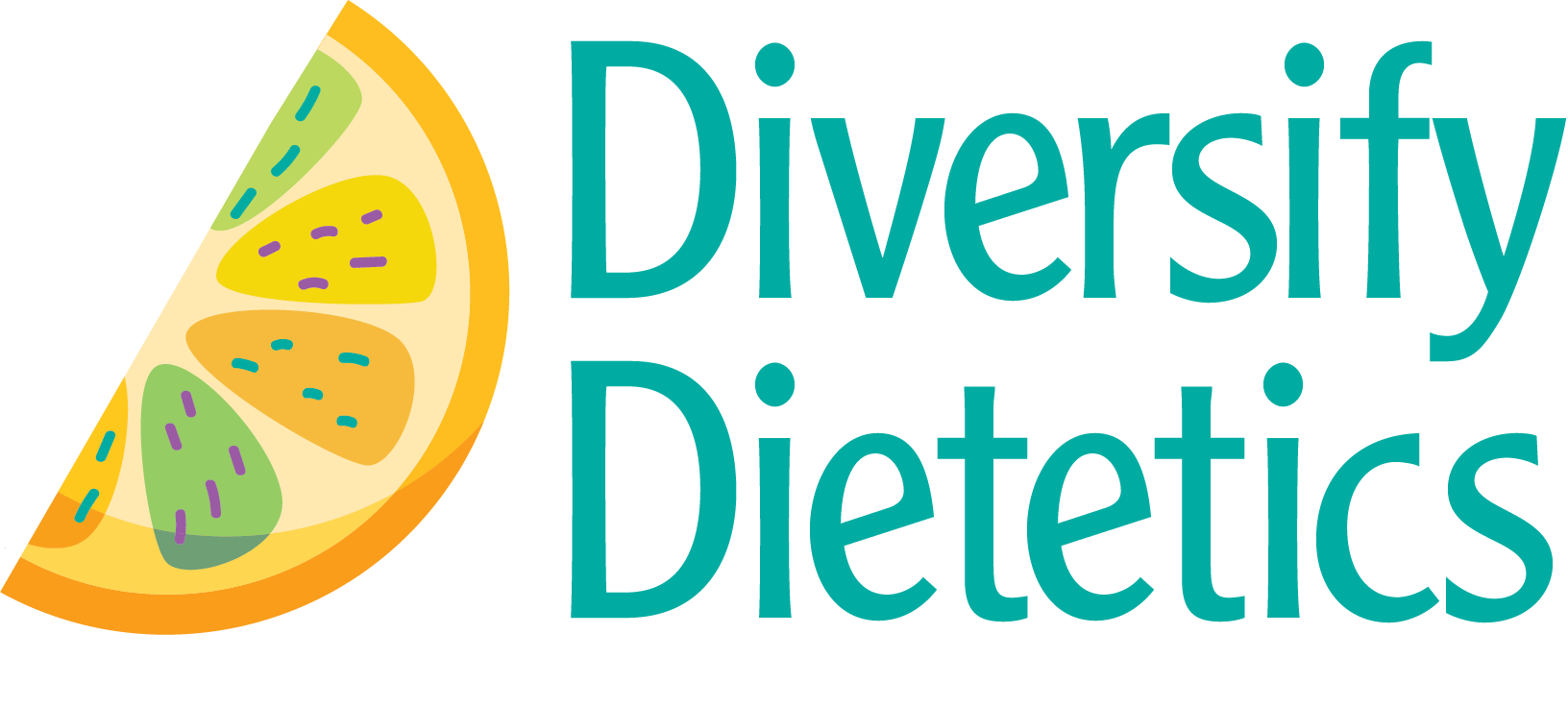RDN Spotlight: Tessa Nguyen, RD, LDN
What is your ethnicity? Did your family have any customs related to food?
I am a Vietnamese, Polish and Hungarian-American. Keeping the family traditions and customs alive, especially with food, was a fundamental part of my childhood. My mom's parents were Polish and Hungarian, so we still cook many traditional foods like galumpki (stuffed cabbage) and dill pickle soup (trust me, it's delicious!). However, Vietnamese food traditions have started to prevail in recent years, as my dad started sharing more recipes of dishes he learned from his mom and what he remembers from his childhood growing up in Vietnam.
Where did you go to school and complete your dietetic internship?
I received my bachelor's degree in Culinary Nutrition from Johnson & Wales University in Providence, Rhode Island (2012). I conducted my dietetic internship at Meredith College in Raleigh, North Carolina (2014).
Why did you decide to choose nutrition and dietetics as a career?
My brothers and I all have food allergies. Ever since I can remember, my parents would cook all of our meals from scratch to make sure we wouldn't get sick. Our meals were incredibly diverse culturally, but also to make sure we were receiving a variety of nutrients to supplement the foods we couldn't eat. As we grew up and were old enough to help in the kitchen, I started to love cooking. I began experimenting and enjoyed making meals to see what my family thought. My passion grew and I wanted to attend culinary school, which lead me to Johnson & Wales University. As I finished my first year of classes and took an introductory nutrition course, I realized I wanted to major in nutrition. I loved the idea that I could cook a great meal for someone, all while being safe for them to eat and meet their nutrition needs.
What do you do now as an RDN and what does a typical day or week look like for you?
A typical day for me has drastically changed within the last year, as I moved from North Carolina to work in South Korea! I teach during the day and then come home to continue working with my business, Taste Nutrition Consulting. This can include anything from developing recipes and teaching cooking classes to speaking engagements and creating content to feature on my blog.
With Dr. Mary Etta Moorachian, my mentor from undergrad
What was the biggest challenge for you in becoming a dietitian and how did you overcome it?
Many people laughed (and still laugh!) at the thought of someone with food allergies going to culinary school. How could I possibly succeed in a culinary field when I was around foods I could never eat, let alone cook? There were even professors and chefs along the way who dampened my enthusiasm at points, but I knew I had a goal of becoming a chef and a registered dietitian, and I wasn't going to let their comments bog me down. I'm grateful for an incredibly strong support system that encouraged me to keep pushing through in order to succeed.
Have you had any mentors and how have they affected your career?
My undergrad professor from that first intro to nutrition class is still in my life today and I'm lucky to now call her a friend. Dr. Mary Etta Moorachian has always been a pillar of support both personally and professionally. When I'm struggling, she's uplifting and with help to see my way through the trenches. When things are good, she reminds me to be grateful for the moment and continue to keep striving to help others.
Doing what I love, cooking!
Why do you think diversifying the field of nutrition is important?
We (dietitians) tell our clients all day long how diversifying the foods we eat is beneficial, so why wouldn't diversifying our career field be just as great? The clients we serve come from every nook and cranny of the world, which means they all look, think and eat differently. Dietitians are no different. There are many stigmas already involved when someone hears the word "dietitian." What if we were able to break down that barrier when a client saw a dietitian who looked just like them? I think this would open communication further between client and provider and really help the client achieve their own personal nutrition success.
What advice would you give a student of color interested in entering this profession?
Don't let the color of your skin deter you from choosing a career, regardless of if it's in dietetics or another field. If you really are passionate about pursuing dietetics, there are so many more resources out there now on how to learn more about a program or even by simply reaching out to a current dietitian through email or social media. On the contrary, don't think just because we are people of color that we deserve a certain job. We have to work just as hard, if not harder, to break the stereotype others may have.
Tessa is currently living in South Korea, teaching English (and cooking, of course!). She also still works as a consultant through her private practice Taste Nutrition Consulting. You can follow her on Instagram, Facebook and Twitter. Tessa is also on the Diversify Dietetics Board of Directors, and is one of our organization’s most valued supporters!



